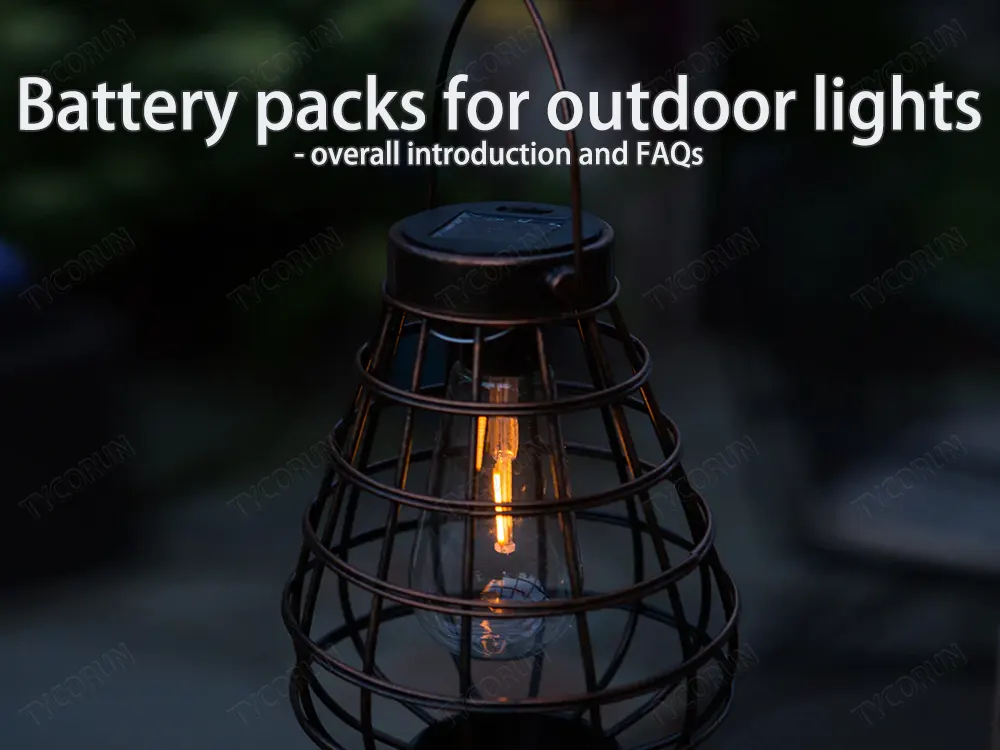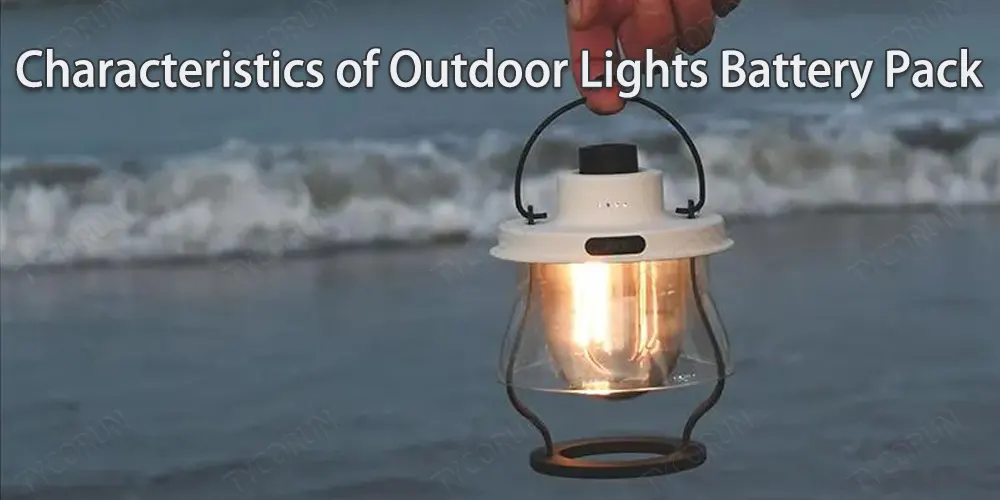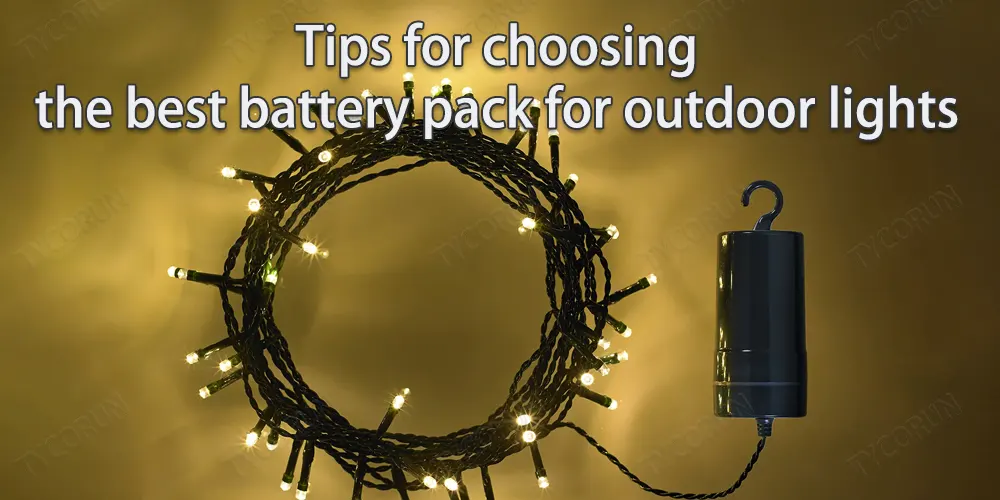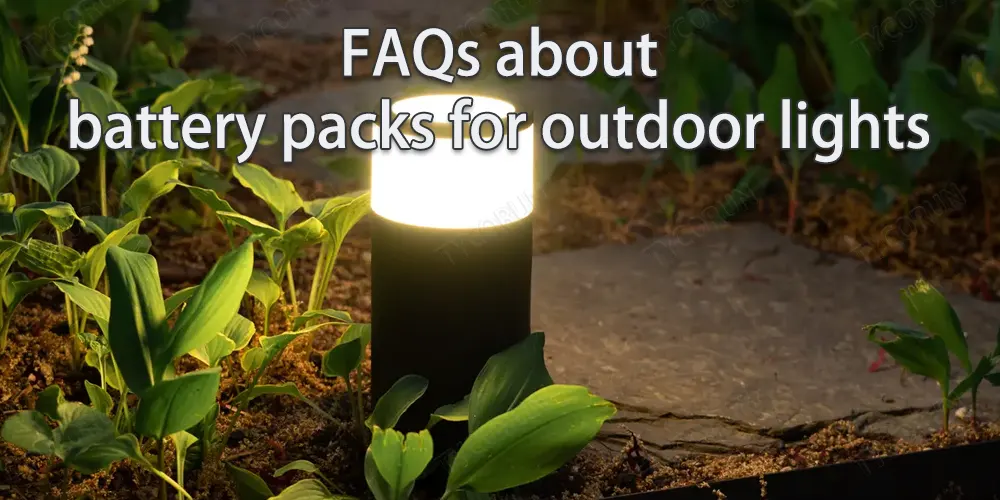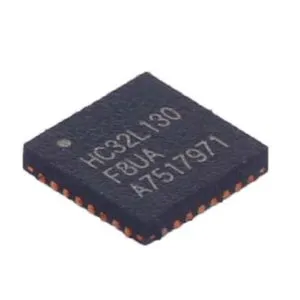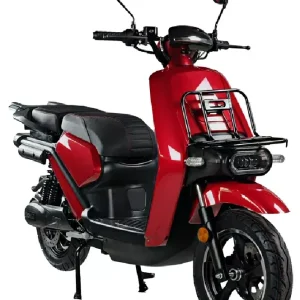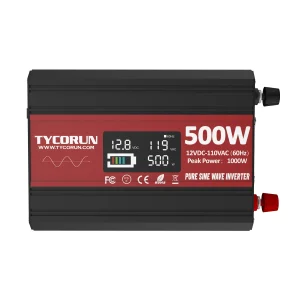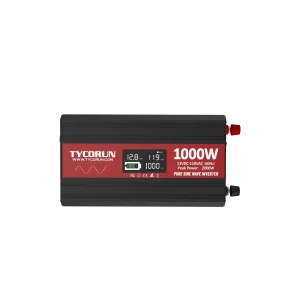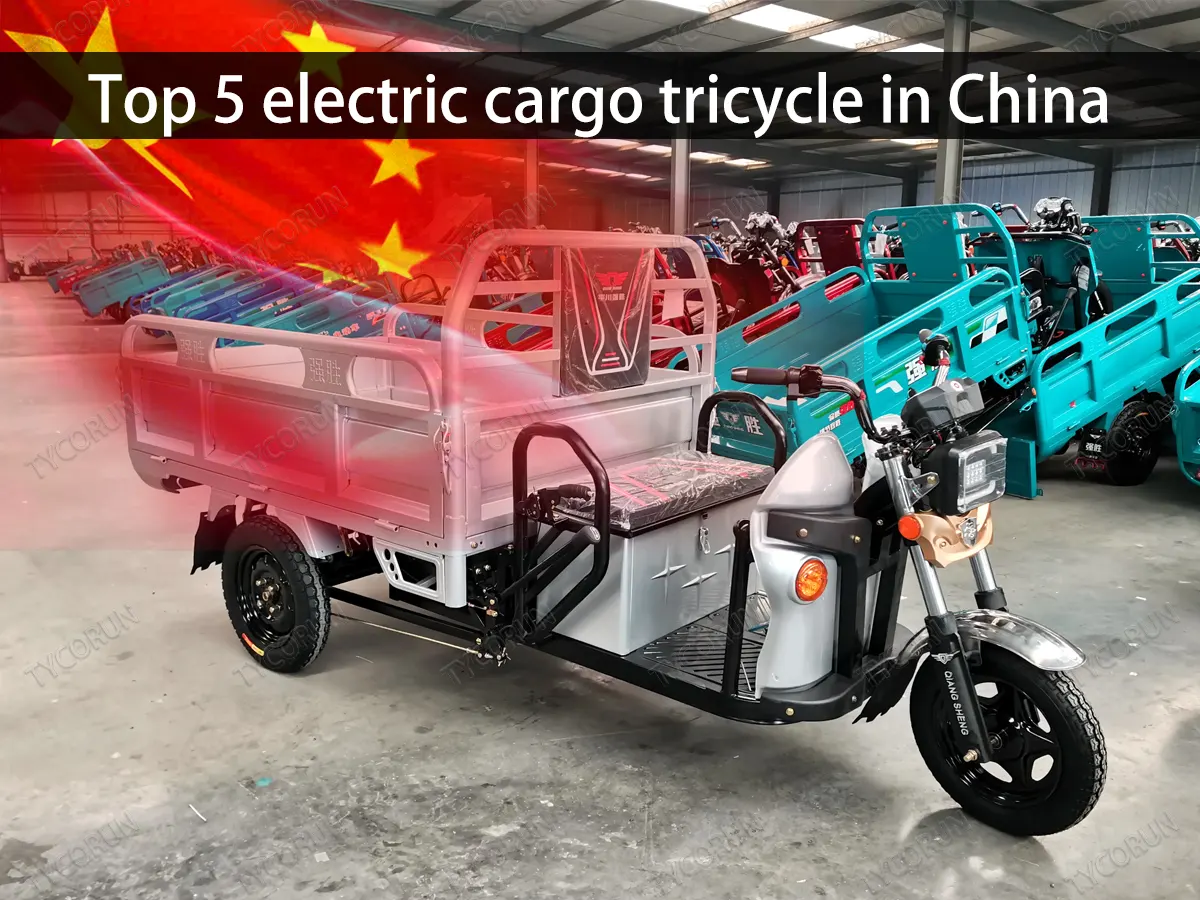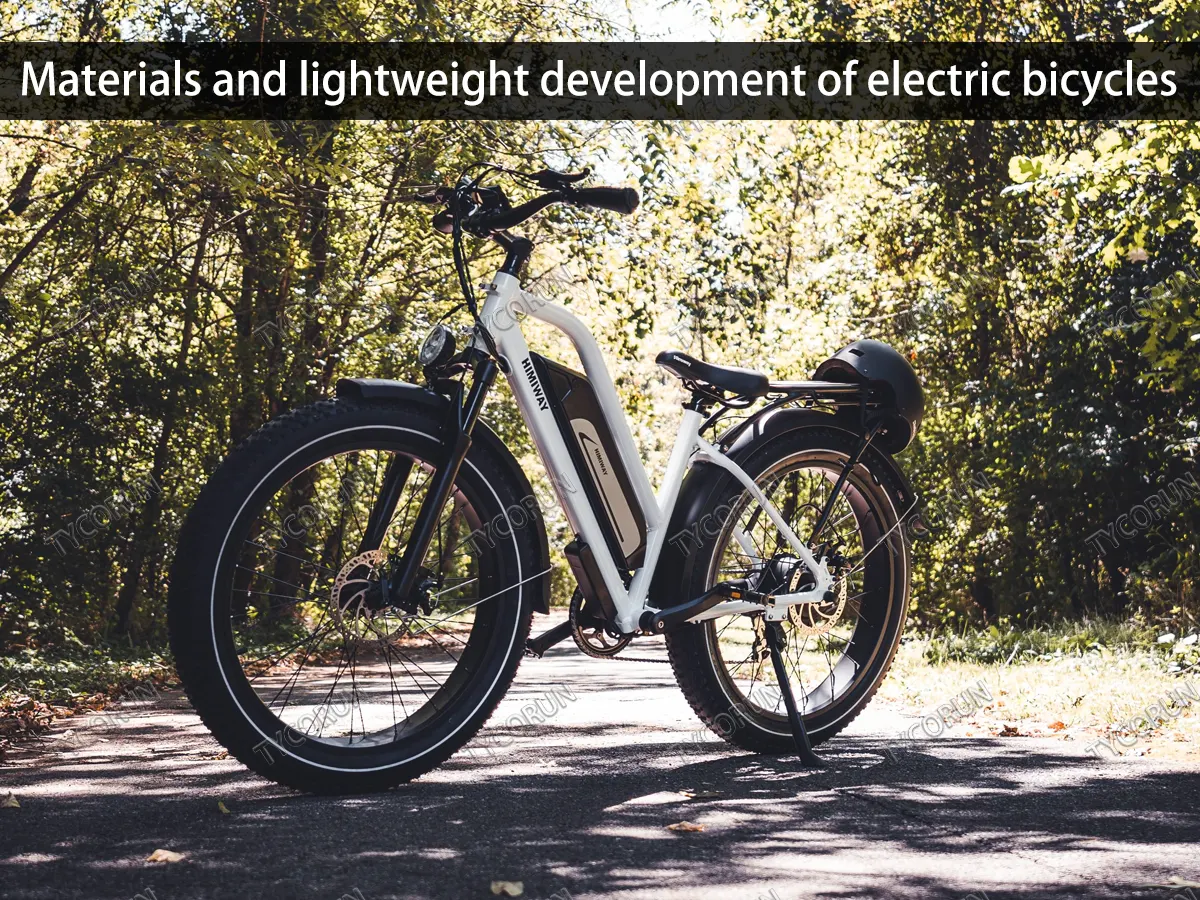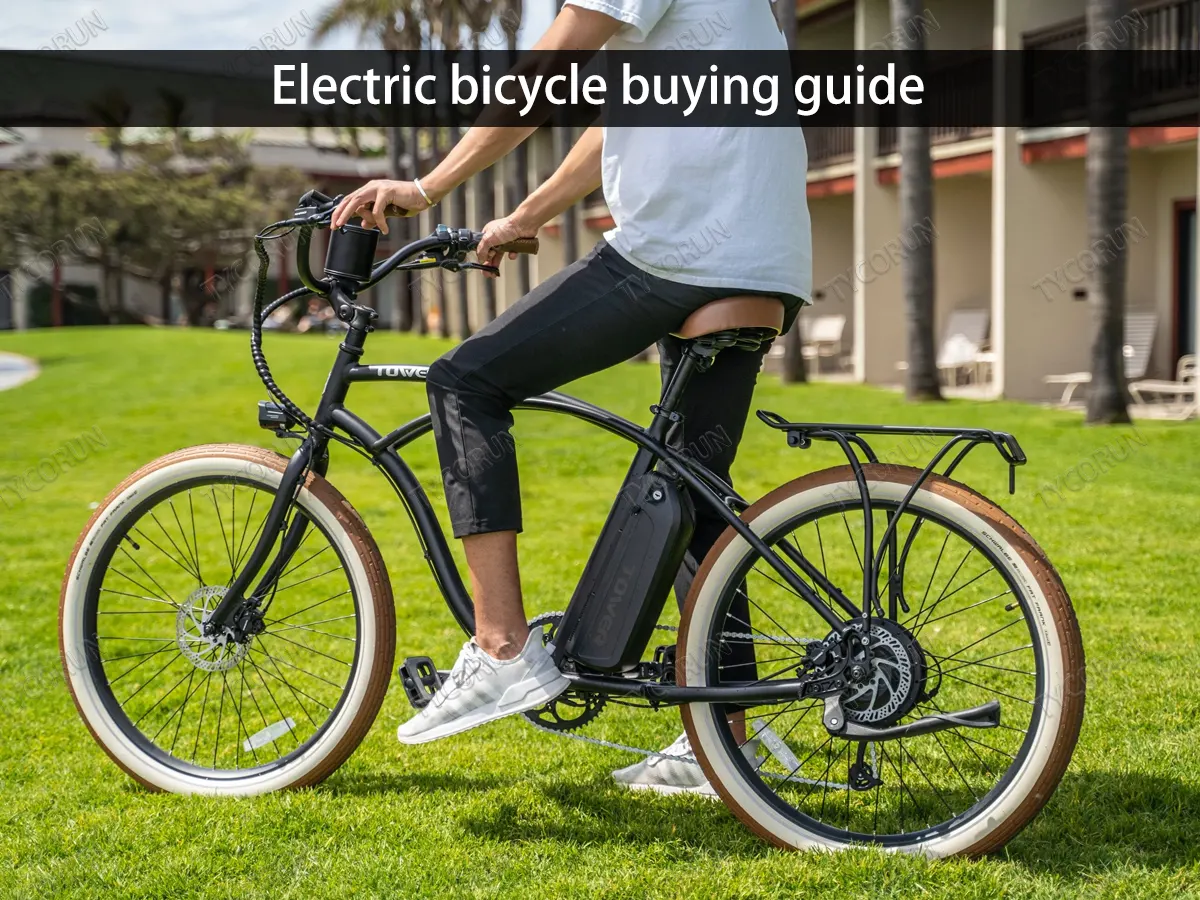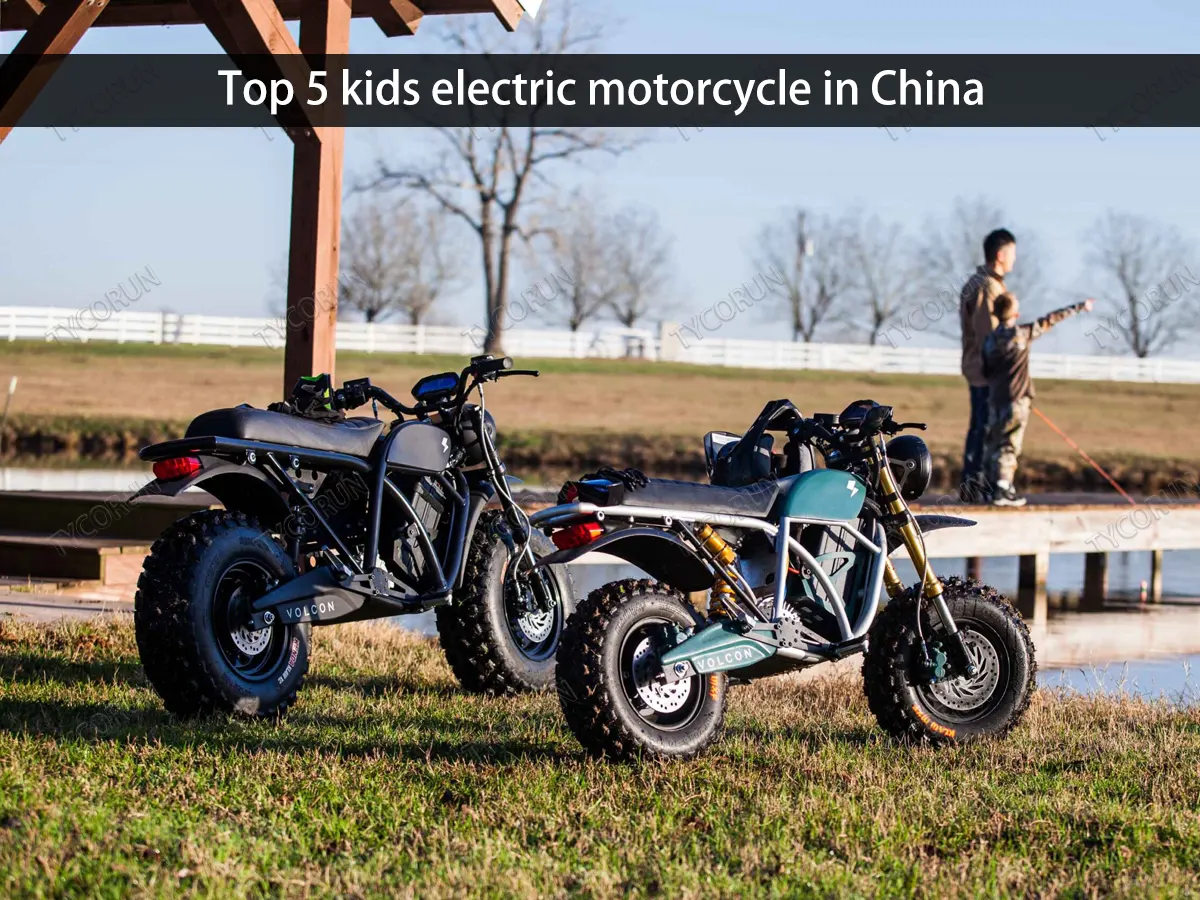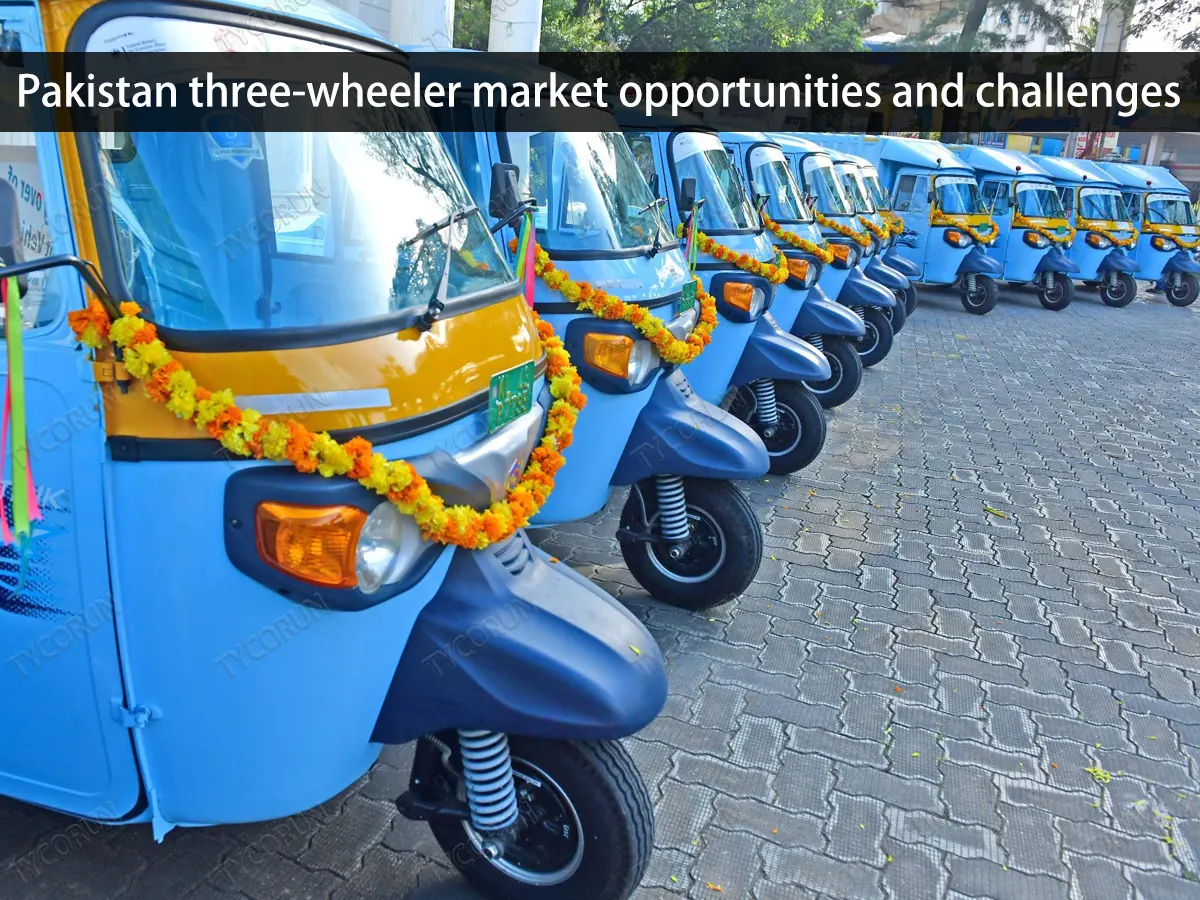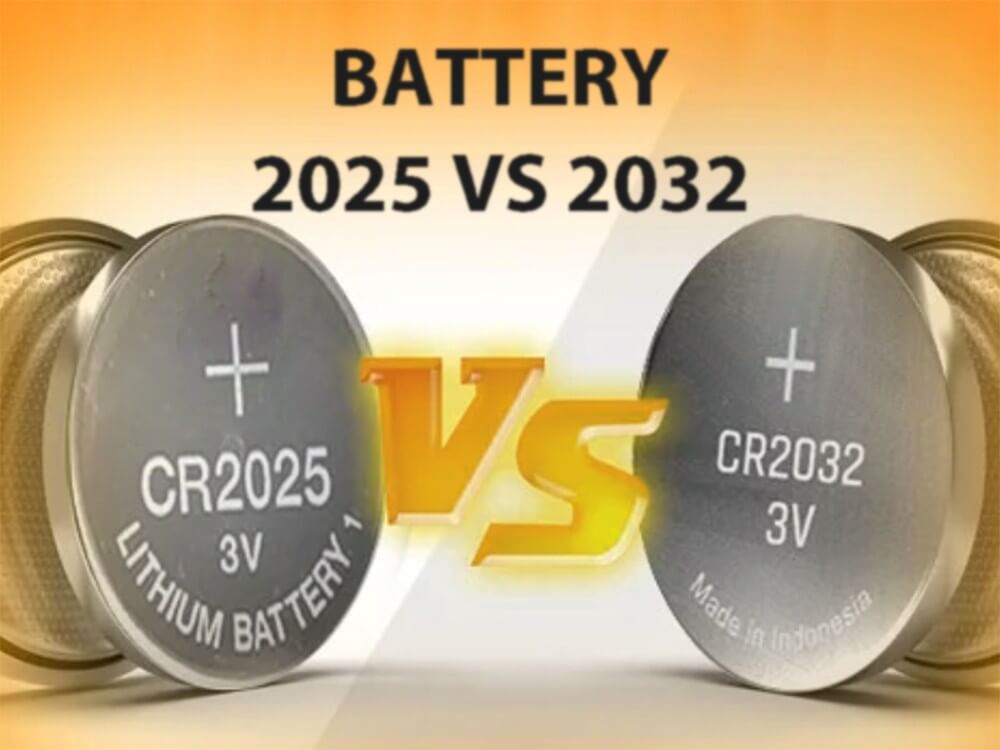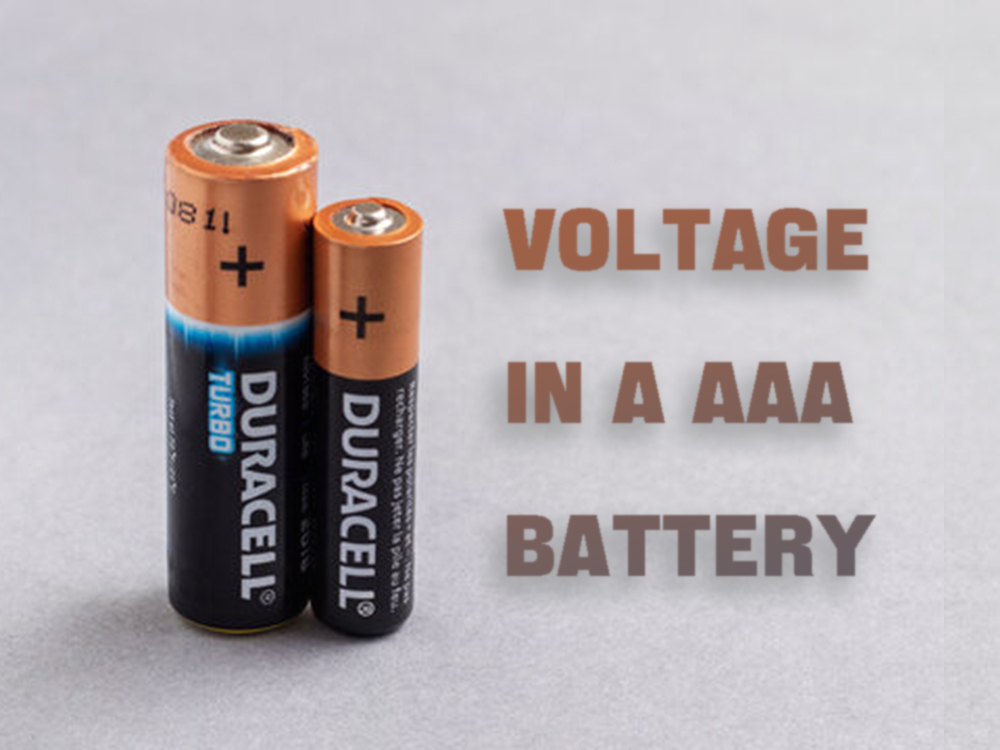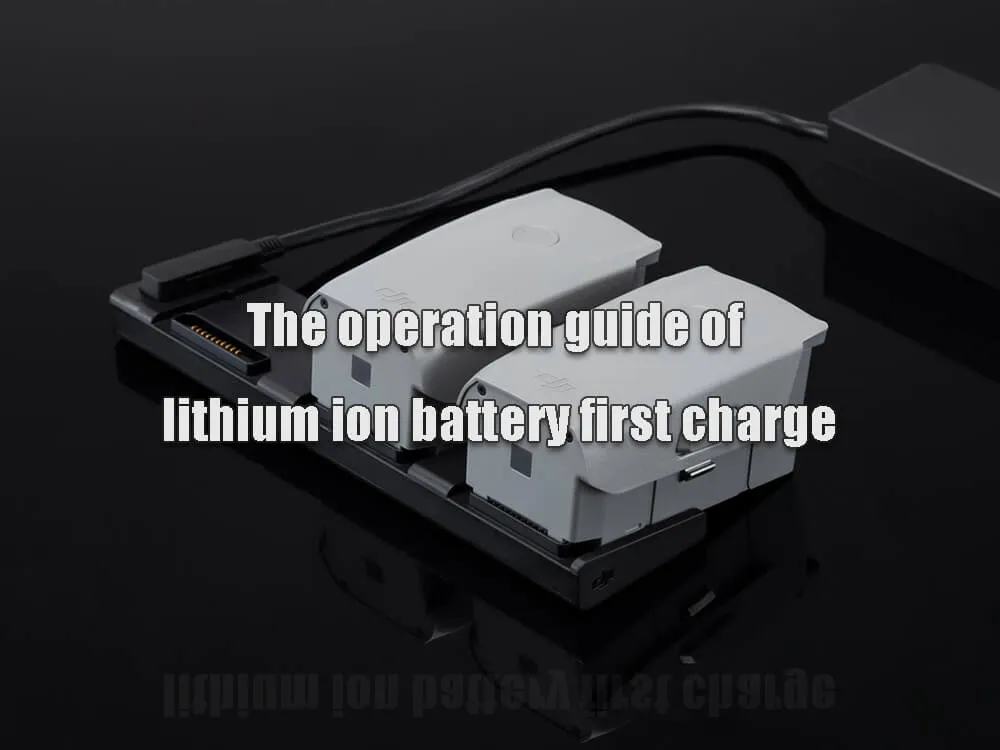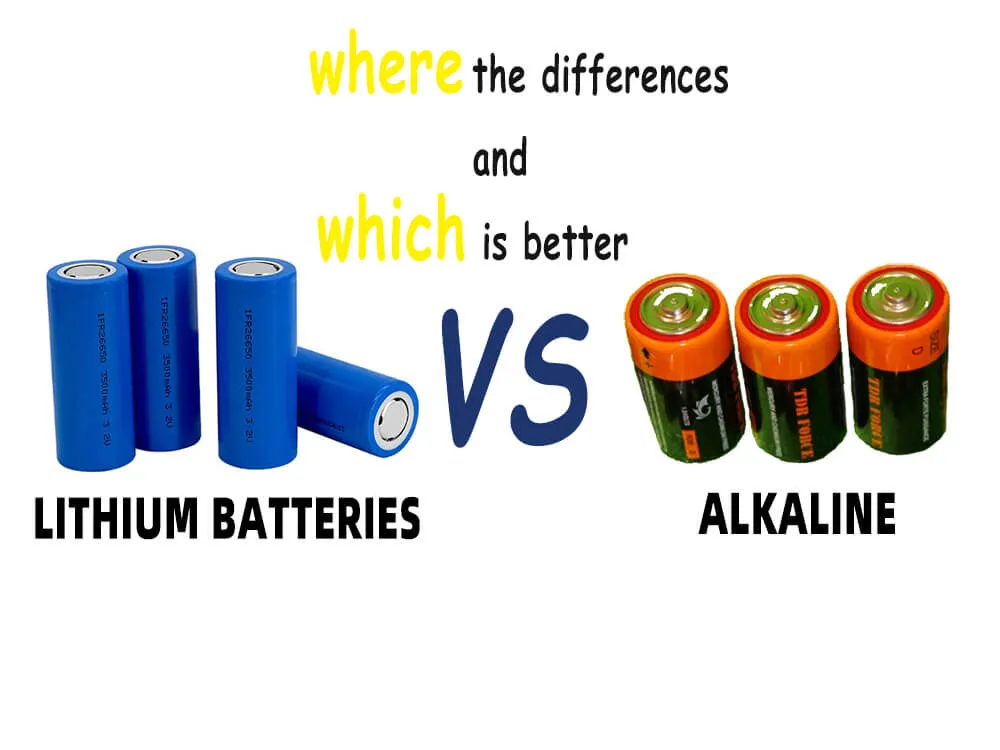Home » lithium ion battery knowledge » Battery packs for outdoor lights – overall introduction and FAQs
Battery packs for outdoor lights - overall introduction and FAQs
Outdoor Lights, or landscape lighting, as it is also called, is a type of light used to illuminate public and private landscapes. The purposes of outdoor lights can range from nighttime safety to recreation, sports, and aesthetics.
There is a list of outdoor light types used for these purposes, but the most popular is the battery-powered outdoor light. This type of light is powered by a battery pack, and this article will discuss the knowledge about battery packs for outdoor lights.

How do battery-powered outdoor lights work?
A battery-powered outdoor light uses batteries as its main power source instead of the traditional electrical wires. This outdoor light type is becoming the go-to option today for many reasons, including its outstanding benefits. But then, you may want to understand how this light works before jumping on the bandwagon.
The outdoor light is usually installed with a battery pack that is usually solar-charged. This battery charges and stores electric current throughout the day, which it then uses to power the light throughout the night. The working principle is pretty straightforward and often only requires a proper installation to work perfectly.
Types of batteries used for outdoor lights and which is best
As you might have suspected, many different types of batteries are used for powering outdoor lights. If you plan on installing battery-operated outdoor lights, one of the decisions you’ll have to make is which type of battery to use, and here are the three main options available.
● Lead acid battery: This battery type is arguably the oldest of the lot, and it is quite popular as a result. However, it is not as efficient as you’ll typically expect and does not last long too. It is also much heavier than other battery options, making it least ideal for outdoor light.
● Nickel metal hydride: This battery type is a bit more functional than the lead acid battery since it is lighter and more efficient. It is used to power several gadgets and appliances. But it is more expensive than lead-acid, while there is no obvious advantage in the cycle times.
● Lithium ion battery: The lithium-ion battery is a relatively new battery type compared to its lead acid counterpart. But then, it has proven to be the best option for many purposes, including battery packs for outdoor lights. This battery performs at a significantly higher level and is much more durable. Its lightweight is another outstanding benefit that makes it more appropriate for lights, and it is also as safe as outdoor light batteries can be.
Characteristics of outdoor lights battery pack
Outdoor lights use a battery pack to power up and perform their functions. But then, battery packs for outdoor lights differ from regular ones because they are often exposed to harsh and extreme weather conditions. Here are some of the qualities and characteristics of outdoor light battery packs.
- ● Water resistant: Battery packs for outdoor lights are usually attached to the lights, exposing them to water from rainfall. If these battery packs are not waterproofed, excessive rainfall can easily damage them.
- ● Solar powered: Most outdoor light battery packs are solar-powered, especially those with the battery form top 10 solar battery manufacturers, and do not require a direct supply of electric current. Since it is outside, it can take advantage of direct sunlight during the day to recharge its cells.
- ● Capacity: Battery packs for outdoor lights are expected to have significant capacities since they have to supply power for 10 – 12 hours daily.
- ● Durability: As mentioned above, outdoor lights are usually exposed to more severe environmental conditions, so for outdoor users, not only the external materials of outdoor lights need to be durable, but the battery must also meet the requirements of durability.
Common voltage of battery pack for outdoor lights
The voltage refers to the total amount of electric potential the battery has and can deliver. Battery packs for outdoor lights come in different voltages, and selecting the most appropriate is sometimes a challenge.
The common specification from this battery pack are 12v, 24v, and 48v lithium ion battery, with each having more electric potential than the previous one. Selecting the correct voltage for outdoor light, however, is not a matter of the highest voltage. Instead, it is decided by the energy consumption of your stand-alone lighting system.
Can I use 24v on 12v LED?
In some cases, A 24v battery pack can work on a 12 volt lithium battery LED and will even provide brighter lighting. However, this is not advisable, because its discharge current and discharge voltage may not match, there may be certain safety hazards and burn out the bulb.
How long does battery pack for outdoor lights last?
The period that battery pack for outdoor lights will last is relative and depends on a few factors. In general, lithium-ion batteries last longer than other types of batteries due to their higher energy density, but this also depends on how the battery is used.
Tips for choosing the best battery pack for outdoor lights
The availability of different battery packs for outdoor lights can make it a tad harder to select one. Here are some factors to consider when selecting an outdoor light battery pack.
- ● Select a pack that is the right voltage for outdoor light.
- ● Make sure the battery pack is appropriately sized to fit in outdoor light.
- ● Consider the type of outdoor light you have.
- ● Go for a durable battery with high electric potential.
Are battery lights safer than normal lights?
To a large extent, battery-powered lights can be considered safer than standard electric lights, and here’s why. Firstly, battery-powered lights are not connected to electric outlets, thereby reducing the chances of electrocution. Also, the fact that battery-powered lights run at lower voltages means they can’t cause any significant damage.
How to design battery pack for outdoor lights
Battery packs are designed using several smaller cells arranged in series and parallel forms. there are guidelines for designing battery packs for outdoor lights.
Determine the energy (Wh) required for the outdoor lights to select the appropriate battery type and parameters according to the target users and usage scenarios of the outdoor lights, and calculate the number of batteries required and the series-parallel connection method to reasonably plan the cost of the outdoor lights.
- ● Do not allow the sharp clip edges to touch each other.
- ● Tape the batteries together in the pack to ensure stability.
FAQs about battery packs for outdoor lights
Can you leave battery-operated lights on overnight?
Yes, you can totally leave LED lights on all night. In fact, these lights are specifically designed to operate all night.
Can battery pack for outdoor lights get wet?
Battery packs for outdoor lights are usually left out in the rain, sun, or any alternative weather conditions. So, your battery pack will definitely get wet eventually. However, these packs are made to be waterproof, so you don’t have to worry about any water-related damage.
How long will a 12v battery last running outdoor lights?
Most outdoor lights run on 12v battery packs, except in special situations when a higher voltage is required. Ideally, a 12v battery pack will deliver about 10 – 12 hours of lighting.

